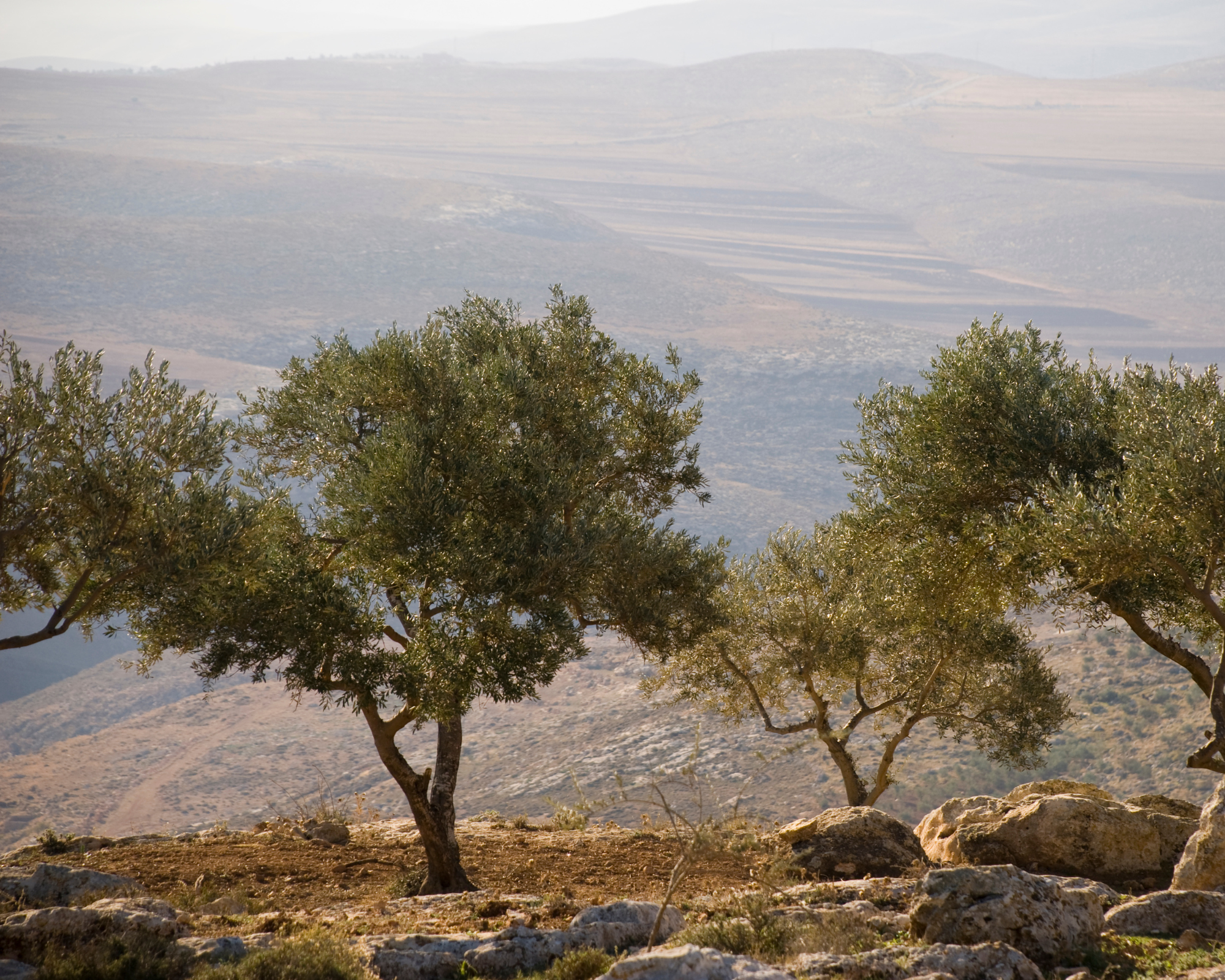 Image 1 of
Image 1 of

Olives & History Through a Palestinian Indigenous Framework
Wednesday January 17 from 5-7pm EST
with Dr. Lila Sharif
Olive cultivation began in the fertile, mountainous region of the Galilee in Historic Palestine 7,000 years ago. For generations, Palestinians have sustained, nurtured, and harvested olives which have become synonymous with Palestinian land, culture, and identity. Palestinian land cultivators, including olive farmers, often remark at how, when Palestinians take care of the land, the land takes care of the Palestinian people.
The olive tree has come to signify the symbiotic relationship between the people and the land between the Jordan River and the Mediterranean Sea, one rooted in Palestinian values of reciprocity, obligation to and love for the land, and the deep connection to ancestral tradition and ritual. This knowledge share combines story-telling, self-reflection, historical context, and food demonstrations to detail the story of the olive through a Palestinian Indigenous framework.
Wednesday January 17 from 5-7pm EST
with Dr. Lila Sharif
Olive cultivation began in the fertile, mountainous region of the Galilee in Historic Palestine 7,000 years ago. For generations, Palestinians have sustained, nurtured, and harvested olives which have become synonymous with Palestinian land, culture, and identity. Palestinian land cultivators, including olive farmers, often remark at how, when Palestinians take care of the land, the land takes care of the Palestinian people.
The olive tree has come to signify the symbiotic relationship between the people and the land between the Jordan River and the Mediterranean Sea, one rooted in Palestinian values of reciprocity, obligation to and love for the land, and the deep connection to ancestral tradition and ritual. This knowledge share combines story-telling, self-reflection, historical context, and food demonstrations to detail the story of the olive through a Palestinian Indigenous framework.
Wednesday January 17 from 5-7pm EST
with Dr. Lila Sharif
Olive cultivation began in the fertile, mountainous region of the Galilee in Historic Palestine 7,000 years ago. For generations, Palestinians have sustained, nurtured, and harvested olives which have become synonymous with Palestinian land, culture, and identity. Palestinian land cultivators, including olive farmers, often remark at how, when Palestinians take care of the land, the land takes care of the Palestinian people.
The olive tree has come to signify the symbiotic relationship between the people and the land between the Jordan River and the Mediterranean Sea, one rooted in Palestinian values of reciprocity, obligation to and love for the land, and the deep connection to ancestral tradition and ritual. This knowledge share combines story-telling, self-reflection, historical context, and food demonstrations to detail the story of the olive through a Palestinian Indigenous framework.
